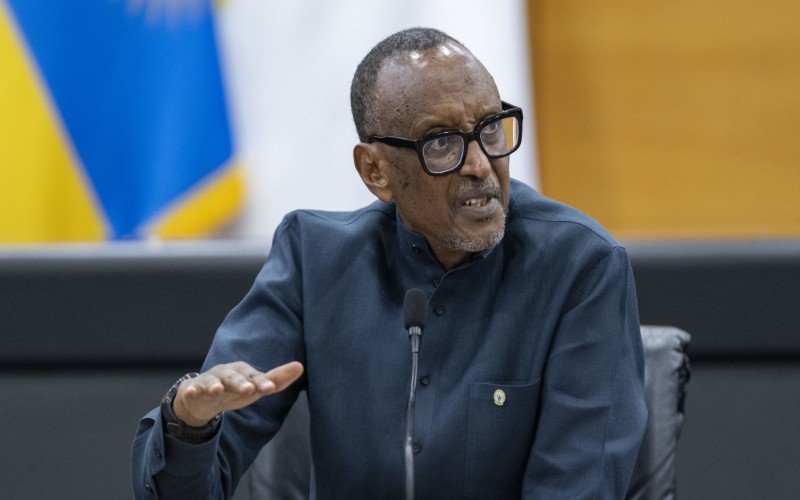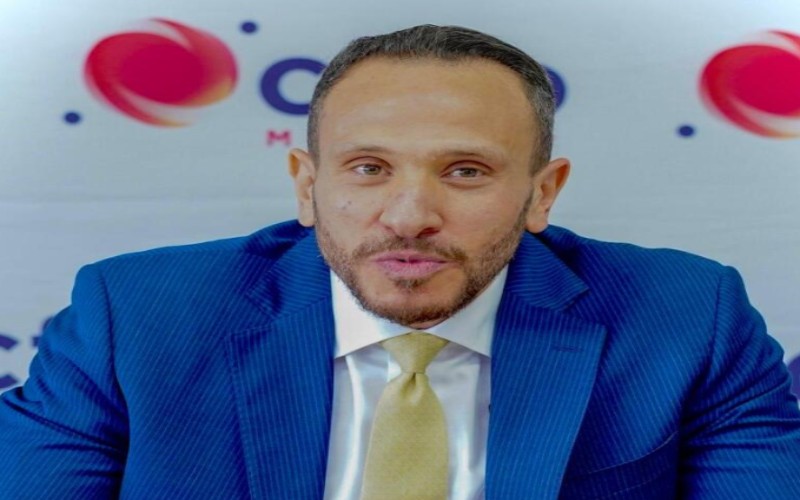World Bank urges Kenya to raise excise taxes to clear Sh526 billion pending bills

The World Bank has recommended that Kenya raise excise taxes on select goods, including alcohol, tobacco and sugary drinks, to generate revenue for settling outstanding obligations.
As the government struggles with rising unpaid bills and growing debt, the World Bank has recommended that Kenya raise excise taxes on select goods, including alcohol, tobacco and sugary drinks, to generate revenue for settling outstanding obligations.
In its newly released report, the lender said the policy proposal is aimed at helping Kenya address rising debt vulnerabilities and restore fiscal stability.
More To Read
- Africa’s agricultural exports are losing ground: Four key interventions that could lift sector again
- World Bank sounds alarm as Kenya’s labour market weakens, wages fall and informal jobs surge
- World Bank upgrades Kenya’s growth outlook to 4.9 per cent, warns of elevated risks
- Residents to receive Sh500 million compensation for Isiolo-Garbatulla-Modogashe road project
- Africa’s share of global extreme poverty rose by 30 per cent in 10 years - World Bank
- Delayed government payments fueling bank loan defaults in Kenya, Fitch warns
Kenya’s pending bills have increased sharply to Sh526 billion in June from Sh421.6 billion in March, a surge that threatens business closures, job losses and overall economic slowdown.
“Clear pending bills, finance their payment with higher consumption taxes,” the World Bank said in the Africa’s Pulse report on economic growth in Sub-Saharan Africa, adding that Kenya should “remove distortions” that cripple economic growth to curb adverse demand impacts.
The Bank also proposed scrapping tax exemptions for low-consumption goods and increasing excise duties on environmental and health externalities, such as alcohol, tobacco and sugar-sweetened beverages.
It further emphasised the need for comprehensive fiscal and governance reforms to enhance public confidence in the government’s financial management systems.
“Deploy a combination of fiscal, governance and structural measures to deliver productivity-driven growth, quality jobs, equity and increased fiscal space,” reads the report.
The recommendation comes amid growing pressure on the National Treasury to verify and pay all eligible pending bills owed by the national government to suppliers and contractors.
According to the Controller of Budget (CoB) Margaret Nyakang’o, pending bills rose by Sh9 billion within 12 months of the 2024–2025 financial year. The Ministry of Roads and Transport leads with Sh121.8 billion in unsettled bills and an additional Sh21.3 billion in penalties.
The Kenya Rural Roads Authority (KeRRA), Kenya National Highways Authority (KeNHA) and Kenya Urban Roads Authority (KURA) have also accumulated billions in penalties, while the Ministry of Energy, through the National Oil Corporation and KenGen, owes about Sh1 billion. The Ministry of Health, through the Kenya Medical Research Institute (KEMRI), has pending bills totalling Sh1.5 billion.
In May 2025, the multilateral lender also advised Kenya to introduce a carbon tax to mitigate climate change effects and boost revenue to reduce its debt-to-GDP ratio, currently standing at 65.5 per cent.
The proposal suggested a gradual increase in the carbon tax on imported fuels to $25 per ton of CO₂ by 2030, about Sh3,235, which would generate additional revenue equivalent to 0.25 per cent of GDP.
Kenya’s debt situation remains dire, with Sh7 out of every Sh10 collected in revenue going toward debt repayment. The total public debt now stands at Sh11.81 trillion, comprising Sh6.3 trillion in domestic debt and Sh5.48 trillion in external debt.
Human rights organisations have urged the government to curb excessive borrowing by banning supplementary budgets, scrapping the National Government Constituency Development Fund (NG-CDF) and making all loan details public. They argue that domestic borrowing largely benefits wealthy lenders, deepening inequality as the poor shoulder the tax burden.
Meanwhile, the Parliamentary Caucus on the Network on the World Bank and the International Monetary Fund (IMF) held a consultative meeting with the IMF mission team to discuss key policy reforms aimed at accelerating Kenya’s economic growth.
The caucus, chaired by Wajir East MP Mohamed Aden Daud, reaffirmed Parliament’s commitment to protecting the country from policies that could plunge it into fiscal distress.
“Parliament upholds the national values and principles of governance provided under Chapter 10 (2) of the Constitution of Kenya 2010,” Daud said.
IMF Mission Chief Haimanot Teferra urged legislators to enhance fiscal sustainability and strengthen the Public Finance Management (PFM) Act to improve budget discipline.
“IMF has high expectations on Kenya’s governance, legal frameworks, implementation of audit recommendations, full compliance of the PFM Act, sealing of corruption loopholes and modalities of addressing pending bills,” Teferra said.
Baringo North MP Joseph Makilap decried the unpredictability of the national budget, saying it had severely disrupted funding for government programmes.
Funyula MP Wilberforce Oundo called for greater transparency in managing public debt and recommended conducting impact assessments before contracting new loans.
Kitui Rural MP David Mboni commended the IMF’s contribution to economic stability but insisted that the fight against corruption is the surest route to financial recovery.
“Since people want to blame the World Bank and the International Monetary Fund, there are loopholes in revenue mobilisation in many sectors, including border posts, which are still using manual scanners. The truth is that if we can reduce corruption by 50 per cent, the country won’t be requesting an IMF program,” Mboni said.
Discussions also centred on reforms in public debt management, the application of Public-Private Partnerships (PPPs), privatisation strategies and securitisation frameworks.
Daud urged the IMF mission team to share their policy recommendations to help legislators refine Kenya’s fiscal and financial laws.
“Share with us your thoughts on the legislative reforms on the Public Finance Management Act for this caucus to review,” Daud said.
Top Stories Today












































